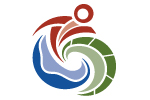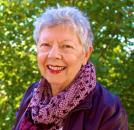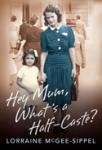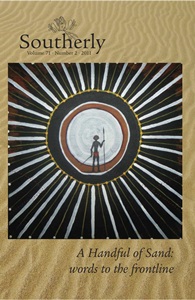AustLit
-
In the eleventh of this series of interviews, Anita speaks to Lorraine McGee-Sippel.
Lorraine McGee-Sippel is the author of the memoir Hey Mum, What's a Half-Caste? and winner of the 2009 Deadly Award for Outstanding Contribution to Literature. Her years of commitment to reconciliation, particularly in the Lane Cove municipal area, saw her receive the Yabun Elder of the Year award in 2009. She currently lives in Sydney.
-
[I am] a Wemba Wemba, Yorta Yorta, Anglo-Celtic, woman living in Cameraygal Country, North Sydney. Adopted soon after birth in Sydney in 1943, I grew up in country New South Wales, and the suburbs of Sydney. Riding a horse, milking a cow, and collecting eggs one day, catching public transport the next.
-
My favourite book was Charlotte’s Web by E. B. White. An unlikely friendship between Wilbur the pig and Charlotte, a wise spider who helped Wilbur believe in himself and who ultimately saved his life.
-
What book has had an impact on your life and why?
If Everyone Cared: Autobiography of Margaret Tucker. Tucked inside were my grandmother, her siblings, parents and grandparents on Moonahcullah reserve, outside Deniliquin, New South Wales. A treasure trove.
-
Below Stairs: the Bestselling Memoir of a 1920’s Kitchen Maid by Margaret Powell. The journey of fifteen-year-old Margaret’s life in service. The prejudices, the class system, and slave-like conditions between masters and servants. These were the same attitudes and sense of entitlement that were brought here.
-
The Eye of the Storm by Patrick White. Recommended by a friend who was a fan of Patrick White’s. It was obvious I wasn’t.
-
What book do you think every Australian should read?
Southerly, Vol 71, No. 2, 2011, A Handful of Sand: Words to the Frontline. An invaluable resource,of Australia’s First Nations writers. Co-edited by two of our best, Ali Cobby Eckermann and Lionel Fogarty. Across all genres, ages and life experiences - compulsory reading, should be in all high schools and universities. Another is Forgotten War by Henry Reynolds which addresses Australia’s selective amnesia in relation to the wars fought between Traditional Owners and the Invaders. Where are our memorials?
-
Discipline, routine, structure, belief in self, and in the story. Don’t be too proud to seek or heed advice/structural criticism. Listen and share with writers whom you admire. Join a writers group if that’s for you. Read widely. Write at the same time every day, don’t stop to edit!! Reward yourself at the end of the day.
-
Ali Cobby-Eckermann, Alice Pung, Anita Heiss, Gayle Kennedy, Kate Howarth, Bruce Pascoe, Lionel Fogarty, Markus Zusak, Stephen King. Some of the many writers whose work I admire and have enjoyed.
You might be interested in...







